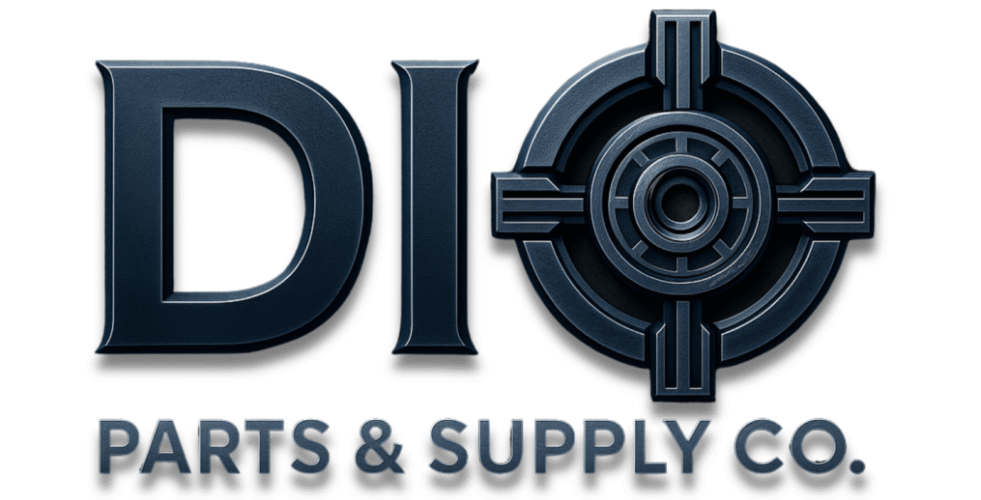This Auction Site Gives Dealers 2 Hours to Compete for Your Car
Selling a car is a pain in the butt. If you’re listing privately, you have to deal with strangers and flakes. If you’re trading in at a dealership, you’ve got to go up against a professional negotiator in a high-pressure environment. The idea behind Bidbus is to bypass that by letting sellers post their vehicles to a private auction system where dealers and wholesale buyers can compete against each other for the best bid on the car.
Bidbus was formed in 2022 by “former auto dealers, brokers, and wholesalers,” according to a press release. It landed on my radar today because it just announced a big private equity investment to improve its functionality.
The core concept makes a lot of sense: Sellers can quickly make a listing with basic car specs, set a reserve price (the least amount of money you’d accept to sell), and then the car gets put into a dealer-only marketplace where dealers get a two-hour window to bid on your car. If it car sells, a $300 fee gets deducted from your price, and you get paid. I ran my F31 BMW 3 Series’ VIN through the first stage of its listing system and got an estimated sale price of about $17,000, which, yeah, is about what I’d expect the car would fetch at a wholesale dealer auction. I’d hope to get more for it selling privately, but again, that would come with the considerable headache of fielding questions and test drives from random people.

In theory, Bidbus should be a lot more efficient than bouncing around from dealer to dealer or checking Carvana, CarMax, and every other wholesale buyer’s site individually. It seems like a cool idea.
Unfortunately, it’s only active in Southern California right now. But according to the PR company promoting it, the investment today will help Bidbus “expand to other geographies” in the near future. Bidbus essentially pitches its value proposition as “fast selling” for car owners and “big inventory to shop from” for dealers.
Bidbus also shared a statement from Kraig Coomber, dealership owner and Bidbus CFO and co-founder: “Traditional auctions might have thousands of cars, from rental companies and leases, but only a handful are worth buying. Our team built Bidbus after years of experiencing the frustration of sourcing inventory as dealers. We built a platform where quality comes standard and where every car is worth a bid.”
Having worked in the automotive wholesale world myself, I can provide some context to Coomber’s comment and why dealers might be into this arrangement.
Typically, when you trade your car in to a dealership for something new, they don’t put it on their lot and resell it. They’ll shunt it into a colossal private auction system that can only be accessed by other licensed dealers. In the U.S., there are two main auction houses for this: Manheim and ADESA. Both run similar programming.

While fancy high-dollar auction outfits like RM Sotheby’s or Barrett-Jackson sling cars like fine art, a Manheim or ADESA sale is more like a livestock auction. Hundreds of cars (good, bad, and ugly) roll through multiple lanes simultaneously, with other dealers bidding in person and online via webcam. I’m not making the livestock comparison derogatorily—it’s just that buying a batch of used cars to sell on your lot is a commodity acquisition, not an exciting purchase.
As a buyer, you have to work very quickly, inspecting and valuing a car in minutes to decide what your bid ceiling is. There are complex social dynamics to navigate in a very Mos Eisley spaceport-style setting, too, but that’s probably a blog for another day.
Anyway, there’s a trickle-down situation here. Mid-level dealers buy clean off-lease cars from big reputable dealerships, smaller dealers buy the stuff mid-level guys are liquidating, and bargain shoppers get the dregs. Being able to bid on cars directly from consumers cuts out much of the above. And a two-hour buying window is an eternity compared to what wholesale buyers are used to.
I’m still skeptical of anything that claims to be “AI-powered” or “AI-assisted,” as Bidbus claims to be. However, at a minimum, buyers could probably pre-configure parameters like year, make, model, and mileage, and get alerts when cars that fit their criteria are coming down the pike. It wouldn’t be that much of a stretch to have a program even bid for you based on historical data of what cars have sold for in the past.
On paper, it seems like a good idea that could help used car dealers source inventory and help consumers unload used cars painlessly. It’s been a long time since my days of sprinting around Manheim facilities in Massachusetts trying to buy dozens of cars at once, and I’ll tell you what, I do not miss it at all.
Had any good or terrible trade-in experiences? Tell me about ’em at andrew.collins@thedrive.com
The post This Auction Site Gives Dealers 2 Hours to Compete for Your Car appeared first on The Drive.








